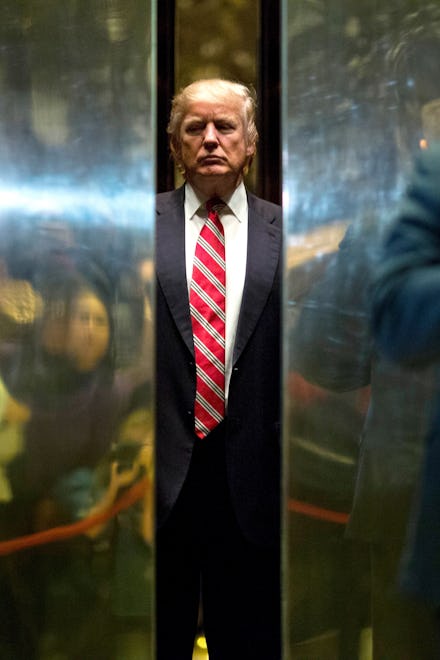How will Republicans replace Obamacare? It's unclear

Throughout the Donald Trump campaign, the billionaire businessman repeated a refrain echoed by Republicans throughout the administration of President Barack Obama: the Affordable Care Act must be repealed and replaced.
While the GOP has made repeated attempts to repeal this signature piece of Obama's domestic policy legacy, the party has not signalled how they intend to substantively replace legislation that overhauled the federal regulation of health insurance and eliminated the legal ability to deny coverage to individuals based on preexisting conditions.
The closest document available to the public about Republicans' plan for the future of health care in the U.S. is the "A Better Way" policy paper spearheaded by Speaker Paul Ryan in 2016 as a House legislative platform.
Throughout its 37 pages, a general framework of criticism for the Affordable Care Act is presented along with conservative ideological reforms, including anti-abortion language and repeated criticisms of federal regulation. The platform also promises to not return the U.S. to a system in which insurers can deny coverage based on preexisting conditions.
The document's conclusion echoes the general tone of plan, which focuses more on criticisms of the Affordable Care Act than specific policy solutions. It reads in part:
"As this plan shows, there is another way – a better way – to provide all Americans with health care that is accessible, affordable, and sustainable. In this plan, innovative, market-based, patient-centered solutions replace Obamacare’s one-size-fits-all, Washington-knows-best approach. This plan empowers patients with access to affordable, portable health care options. It provides every American with the freedom to pick a plan that best fits his or her unique health care needs – not coverage mandated by Washington. It protects those individuals with pre-existing conditions and promotes innovation to encourage health care competition, to lower costs, and to foster new cures for patients."
Despite the House GOP's stated approach of deregulation, repeal and competition-based solutions, President-elect Donald Trump appears to either not know or not care that his statements reflect a wildly different vision.
Throughout the campaign, he echoed one part of the GOP's platform: competition between states through the removal of state-line barriers.
From there, Trump veers wildly from conservative orthodoxy, sounding at turns more like Sen. Bernie Sanders than Speaker Ryan. Last week, he went even beyond the promise of Obamacare by telling the Washington Post, "We're going to have insurance for everybody."
“There was a philosophy in some circles that if you can’t pay for it, you don’t get it. That’s not going to happen with us," he continued before promising his plan would be cheaper than current health plans.
One could be forgiven for assuming this is an endorsement of single-payerhealth insurance. Not so fast. "I don’t want single-payer," Trump added.
Complicating matters further is the fact that Trump routinely makes counterfactual statements that appear designed as rhetorical devices more than policy positions. Politifact ranks a mere 15% of his on-the-record statements of which they've reviewed to be mostly or entirely true.
Americans enter the Trump presidency with even less of an idea of what the future of health care will be than during the contentious campaign as the president-elect and his own party seem to be on completely different pages about the basic role of the federal government in regulating health coverage.